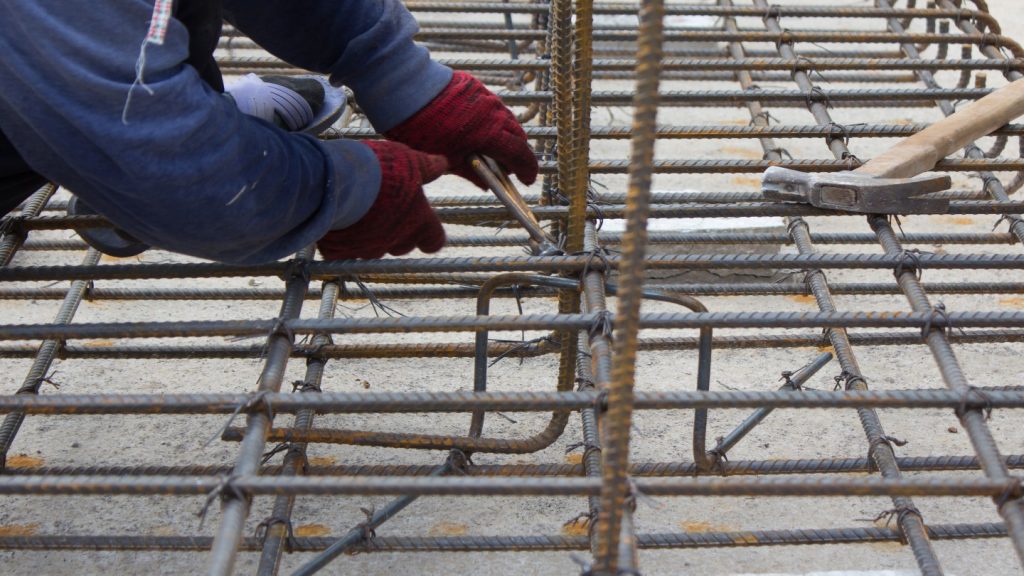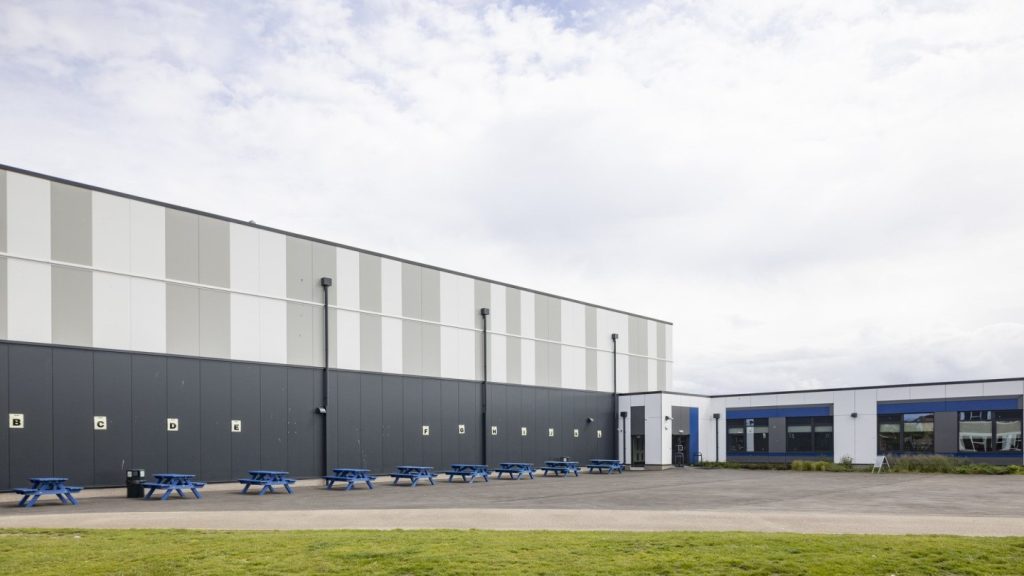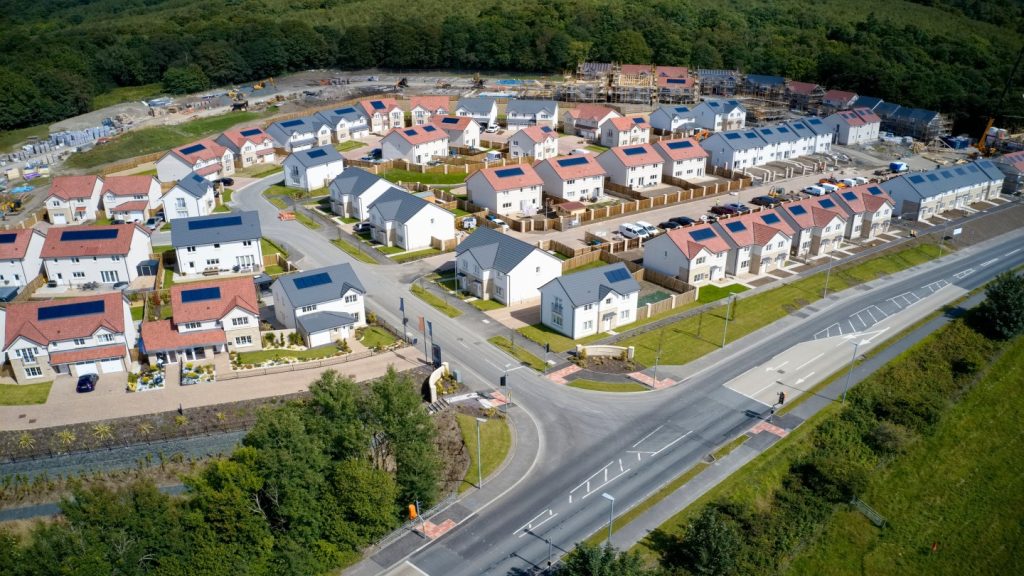The Olympics and Paralympics are being held in Paris this summer.
France’s capital city is expecting to host up to 15 million visitors, as well as 15,000 athletes and 45,000 volunteers, for more than 800 sporting events.
Such an event comes with a significant but expected carbon footprint, but organisers in the French capital are determined to limit the Games’ impact on the environment and ensure that this edition of the Olympics becomes renowned as the most sustainable to date.
Paris’ ambitious carbon footprint target
The city’s pledge to host the greenest Olympics in history includes the target of halving the average total carbon emissions produced by the most recent editions of the Games, namely Tokyo 2020, Rio 2016, and London 2012. With this average standing at 3.5 million tons of CO₂, Paris 2024 will need to limit its carbon footprint to 1.75 million tons of CO₂ to achieve its goal. Succeeding in producing less emissions than Tokyo 2020 will be a particularly impressive feat, considering no spectators were present at the Games in Japan due to restrictions enforced by the Covid-19 pandemic.
Part of Paris’ plan to achieve this target, aside from attempts to avoid and reduce emissions wherever possible, is the incorporation of carbon offsets, and organisers have pledged to invest in various environmental and social projects around the world.
Renewable energy, recycling, and the use of existing infrastructure
Paris has attempted to buck the trend of previous Olympics investing heavily in new infrastructure, such as velodromes for cycling, and arenas for sports such as boxing or basketball.
Organisers have ensured that 95% of this summer’s events will be hosted in existing buildings or temporary infrastructure, with the Aquatics Centre in Saint-Denis being the only permanent new venue built specifically for this Games. However, it has still been built using recycled materials and will be powered by solar energy.
The construction of the Athletes’ Village has also been central to sustainability plans. Much of the power will come from sources such as solar or geothermal, while perhaps the most intriguing attempt at improving sustainability comes in the form of the athletes’ beds. Mattresses have been made from recycled fishing nets, while the bed bases themselves are made from reinforced cardboard.
9000 trees have also been planted around the Village, which will be converted into a residential area after the Games, creating 2,800 permanent homes.
Halving carbon emissions: a realistic goal?
Paris’ main sustainability target will not be achieved with ease. They would certainly not be the first hosts to fall short of sustainability pledges and will have to navigate issues such as budget overruns and waste management to ensure their target is met. The latter is particularly difficult to tackle, despite promises to limit the use of plastics and single-use items at the Games.
Transport will also pose a threat to achieving the emissions goal. While 1000km of cycle lanes have been created and public transport will be promoted, the logistics of these efforts will have to be highly efficient to limit emissions sufficiently to reach the target.
However, whether this goal is achieved or not, organisers of the event deserve recognition for their attempts to make this Games the greenest edition of the Olympics so far.















